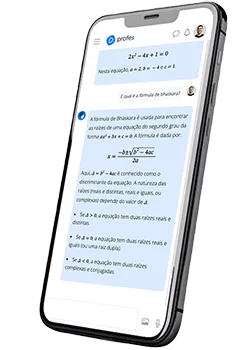Singular and Plural Nouns in English
Rule 1
Most nouns are made plural by adding -s to the end of the singular form.
For Examples:
- car – cars
- bag – bags
- table – tables
- house – houses
- dog – dogs
Rule 2
Singular nouns that end in ‘s’, ‘x’, ‘z’, ‘ch’, ‘sh’,or ‘ss’, form the plural by adding –es.
For Examples:
- bus – buses
- bench – benches
- box – boxes
- dish – dishes
- truss – trusses
- marsh – marshes
- lunch – lunches
- tax – taxes
- blitz – blitzes
- watch – watches
Excepting:
- fez – fezzes
- gas – gasses
- quiz – quizzes
- bus – busses
Rule 3
The plural form of some nouns that end in ‘f’ or ‘fe’ is made by changing the ending to -ves.
For Examples:
- half – halves
- hoof – hooves
- calf – calves
- elf – elves
- shelf – shelves
- leaf – leaves
- loaf – loaves
- thief – thieves
- wolf – wolves
- life – lives
- knife – knives
- scarf – scarves
- wife – wives
Excepting:
- cuff – cuffs
- knockoff – knockoffs
- chef – chefs
- belief – beliefs
- roof – roofs
- chief – chiefs
Rule 4
Nouns ending in -o:
Nouns that end in ‘o’ preceded by a vowel are made plural by adding -s.
For Examples:
- radio – radios
- stereo – stereos
- video – videos
Nouns that end in “o” preceded by a consonant are made plural by adding -es.
For Examples:
- potato – potatoes
- tomato – tomatoes
- hero – heroes
- echo – echoes
- veto – vetoes
- domino – dominoes
Excepting:
- piano – pianos
- photo – photos
- halo – halos
- soprano – sopranos
Rule 5
Nouns ending in ‘y‘:
When the ‘y’ follows a consonant, changing ‘y’ to ‘i’ and adding –es:
For Examples:
- city – cities
- candy – candies
- country – countries
- family – families
- cherry – cherries
- lady – ladies
- puppy – puppies
- party – parties
When the ‘y’ follows a vowel, the plural is formed by retaining the ‘y’ and adding –s:
For Examples:
- day – days
- holiday – holidays
- ray – rays
- boy – boys
- toy – toys
- key – keys
- donkey – donkeys
Rule 6
Changing the spelling of singular noun:
For Examples:
- person – people
- ox – oxen
- man – men
- woman – women
- caveman – cavemen
- policeman – policemen
- child – children
- tooth – teeth
- foot – feet
- goose – geese
- mouse – mice
- mouse – lice
Rule 7
Some nouns use the same singular and plural form:
For Examples:
- aircraft – aircraft
- barracks – barracks
- deer – deer
- gallows – gallows
- moose – moose
- salmon – salmon
- hovercraft – hovercraft
- spacecraft – spacecraft
- series – series
- species – species
- means – means
- offspring – offspring
- deer – deer
- fish – fish
- sheep – sheep
Rule 8
Some nouns are of Latin/Greek/French Origin:
For Examples:
Nouns of Latin Origin:
- alumnus – alumni/alumnuses
- apex – apices/apeces
- appendix – appendices/ appendixes
Nouns of French Origin:
For Examples:
- chateau – chateaux/chateaus
- bureau – bureaux/ bureaus
- tableau – tableaux/tableaus
Nouns of Greek Origin:
For Examples:





